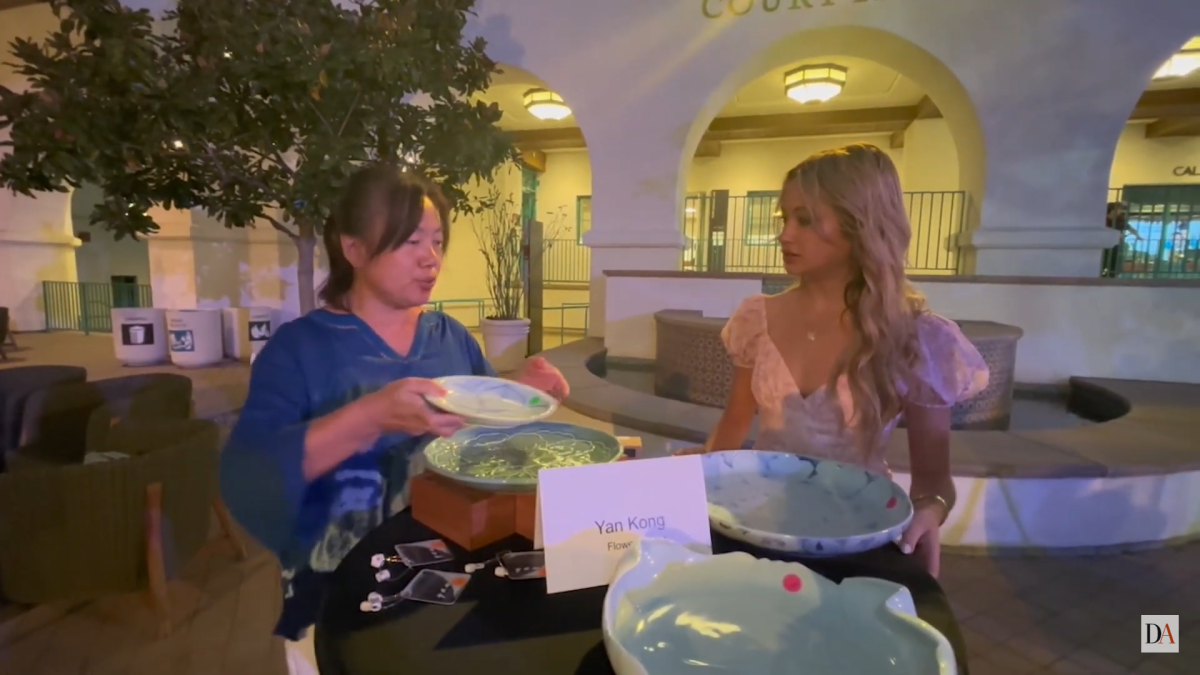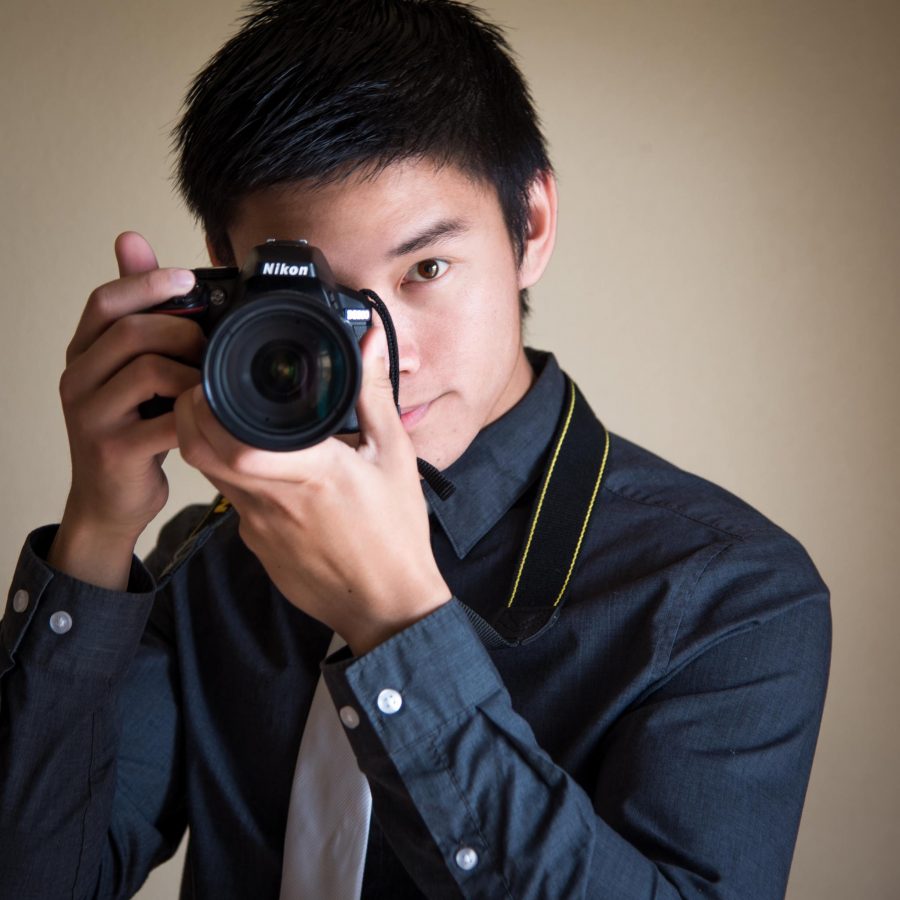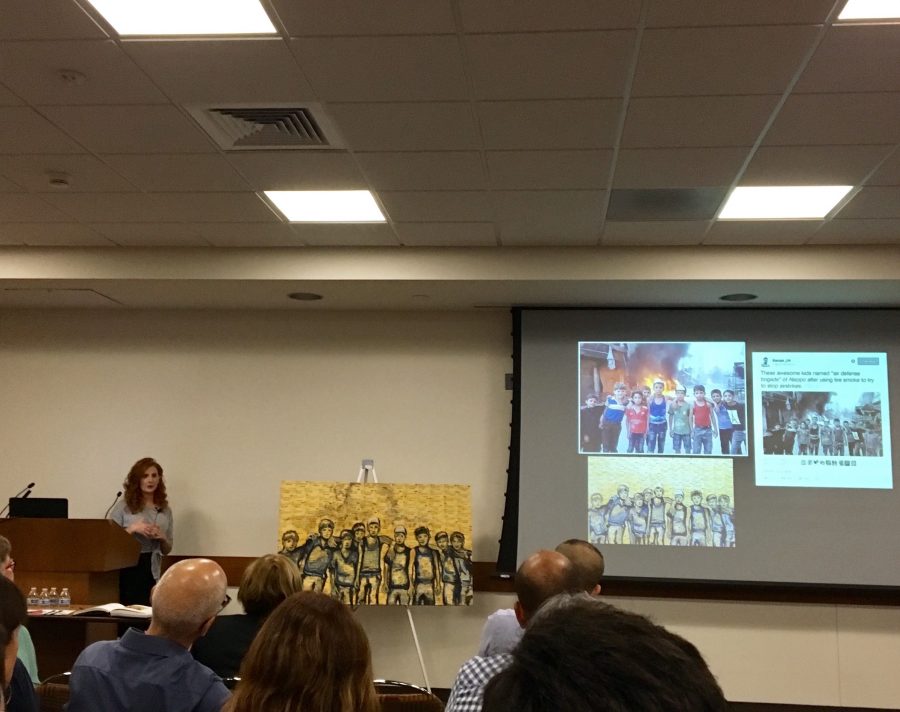Coheed and Cambria is one of those bands whose style manages to evolve while staying completely the same. For more than a decade now, Coheed and Cambria have produced stellar albums centered around the science-fiction tale of “The Amory Wars,” penned by lead singer Claudio Sanchez. Zach Cooper joined the band playing bass early last year and since then, he’s worked on two albums and is already a veteran on the road. I was able to speak briefly with Cooper about his experience with the band so far.
The Daily Aztec: As the newest member of the band, what’s it like playing with these guys after almost a year?
Zach Cooper: Oh man, it’s still a treat. Everybody in the band are great players and they’ve become great friends of mine. It’s still kind of surreal to play with them every day. Coming from someone who was in a band before, it’s been a cool experience.
DA: Congratulations again on the releases of both “The Afterman” albums. They’re both excellent. When sitting down to record these, were they planned as a double record, or was it all produced together?
ZC: Everything was actually recorded at once. When we first went into the studio, there was no plan to do a double record; there was no outline to the record. It started to take shape as we were in the process. Eventually, we had recorded too many songs, it was too long to be on one record, so they started kicking around the idea of a double record. So, it actually wasn’t a premeditated thing. It was recorded in one, long stretch of studio.
DA: As a bassist myself, I couldn’t help notice the full, meaty tone captured on these records. What’s your process in the studio and what sort of gear do you use?
ZC: In the studio, we had a couple of different setups. The majority of the record, I did with a ‘70s Blue Line SVT head; you know, the Ampeg? It’d run through an 8-by-10 cab and what they would do is mic the cabinet and take a direct signal out of the head. And then they would split the direct out of the head and run it through any number of distortion pedals and fuzz boxes to get a gritty tone. Each take was actually three different sounds and they would blend it together to get the tone on the record. Every song was that kind of formula with maybe a couple of different pedals. A couple of times we used the SVT-6 Pro, but for the most part that was it. Live, I have a Fender rig that I’m using right now.
DA: On the topic of bass parts, Coheed and Cambria is one of those bands in which every instrument plays a really integral part in the mix. Some of the bass lines on the earlier albums such as “Second Stage Turbine Blade” and both “Good Apollo” records can get pretty gnarly. What was it like having to learn these complex parts?
ZC: It was tough, actually. Right before we did that first tour, I went into the studio and they told me that they had this tour coming up and we were starting rehearsals in a couple of weeks, so start learning some songs. I asked them what I should learn, and Claudio just gave me this list of songs and I was like, “Alright, cool.” I didn’t realize how much it was until I got home and said, “Wait a minute, this is a lot of stuff.” And these aren’t easy songs, and the bass parts are just killer on those records. It took me a while to learn them and feel comfortable playing them, even before going into rehearsal. I was working on them every day. It’s cool, though. As time went on, I started to get more inside the band’s writing style and certain things made sense to me, which made it easier to learn different songs, but oh man, it was daunting.
DA: So, how’s the tour been? It’s certainly an eclectic group of bands, with Between the Buried and Me being a metal/hardcore band and Russian Circles taking influence from a lot of the post-genres.
ZC: It’s really been great. I’m a big fan of Russian Circles and Between the Buried and Me. Seeing them playing every night has been incredible. Both bands have been awesome. The reaction with the fans seems to have been pretty good, too. It is a pretty different bill with the three bands, but I think it works pretty nicely. Most nights, if I go out, check out the band and watch the crowd, I can really see them reacting to these bands.
DA: So, the million dollar question: Where do you see the band going next after this tour?
Cooper: After this tour? More touring. We’ve got some dates in Australia and Asia and I’m sure the Summer holds a lot more touring. With the two records having just come out, it’s a matter of getting out there and playing everywhere. It’s exciting; I’m really looking forward to it. It’ll be my first trip to Australia. So, it’s really just a lot of touring.
Don’t miss Coheed and Cambria when they stop in San Diego on Feb. 25, and check out their latest double record “The Afterman: Ascension” and “The Afterman: Descension.”






